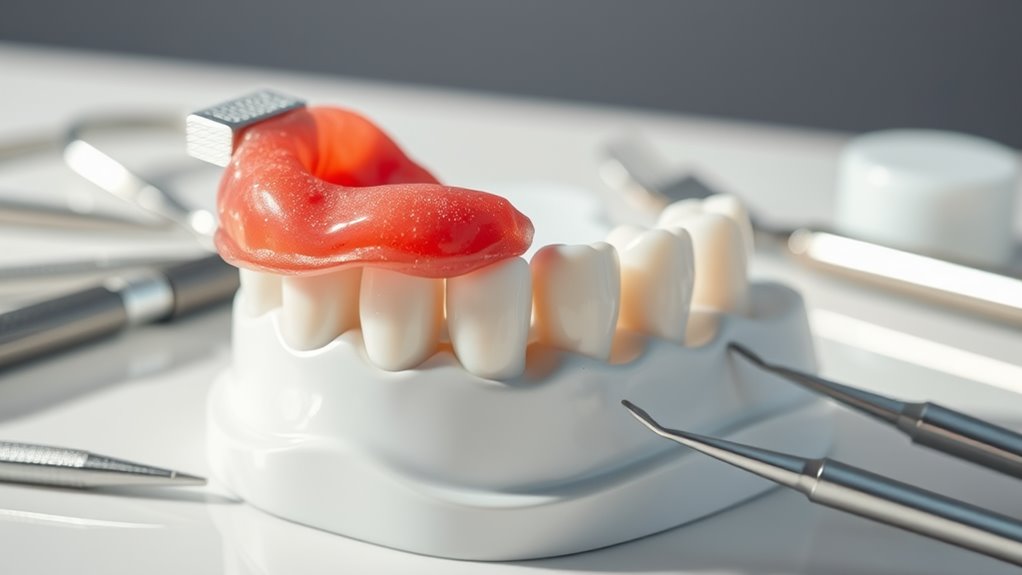The Shocking Connection Between Oral Health and Heart Disease!
You’ve probably never thought twice about skipping your nightly floss, but this simple oversight could be putting your heart at risk. The connection between your oral health and cardiovascular system runs deeper than you’d expect, with harmful bacteria from gum disease potentially triggering serious heart complications. Before you dismiss your bleeding gums as a minor annoyance, consider how your dental habits might be silently affecting your heart’s future.
Understanding the Mouth-Heart Connection
Although scientists once viewed oral health and heart disease as unrelated conditions, research has revealed a significant connection between the two. Your mouth serves as a gateway to your cardiovascular system, where harmful bacteria from poor oral health can enter your bloodstream and trigger inflammation throughout your body, including your heart.
When you neglect your oral health, bacteria build up in your gums, causing periodontal disease. These same bacteria can travel to your heart, potentially contributing to the formation of arterial plaque and increasing your risk of heart disease.
Studies show that people with gum disease are two to three times more likely to experience a heart attack or stroke. Additionally, the inflammation from gum disease can lead to high blood pressure and clogged arteries.
This groundbreaking understanding of the mouth-heart connection has revolutionized how healthcare providers approach prevention. By maintaining excellent oral hygiene, you’re not just protecting your smile – you’re safeguarding your heart health too.
How Gum Disease Impacts Your Heart Health
When bacteria from gum disease enter your bloodstream, they can trigger a cascade of harmful effects on your heart. These harmful bacteria travel through your circulatory system, potentially causing inflammation in your blood vessels and increasing your risk of cardiovascular problems.
| Gum Disease Stage | Heart Health Impact |
|---|---|
| Early Gingivitis | Mild inflammation markers in blood |
| Moderate Periodontitis | Increased arterial plaque buildup |
| Advanced Periodontitis | Higher risk of blood clots |
| Severe Infection | Potential heart valve damage |
You’ll want to watch for warning signs like bleeding gums, persistent bad breath, and receding gum lines. These symptoms aren’t just oral health concerns – they’re potential indicators of developing heart problems. The latest research shows that treating gum disease can significantly reduce inflammation throughout your body and may lower your risk of heart disease by up to 20%. Additionally, maintaining good oral hygiene is vital for overall health and can help protect your heart. Taking action now to maintain healthy gums could literally save your heart.
Prevention Strategies for Protecting Both Systems
Taking care of your oral and heart health doesn’t require complex medical interventions – many effective prevention strategies can protect both systems simultaneously. You’ll get excellent protection by brushing twice daily with fluoride toothpaste, flossing daily, and using an antimicrobial mouthwash.
Transform your lifestyle by adopting heart-healthy habits that also benefit your oral health. Cut back on sugary foods and beverages, which fuel harmful bacteria in your mouth and contribute to cardiovascular inflammation. Quit smoking to reduce your risk of periodontal disease and heart problems.
Maintain a diet rich in omega-3 fatty acids, vitamin C, and antioxidants to support both systems. Schedule regular dental checkups every six months and get comprehensive heart screenings as recommended by your doctor.
These preventive visits can catch potential issues early, when they’re easier to treat. Don’t forget to manage your stress levels, as chronic stress can impact both oral and cardiovascular health.




